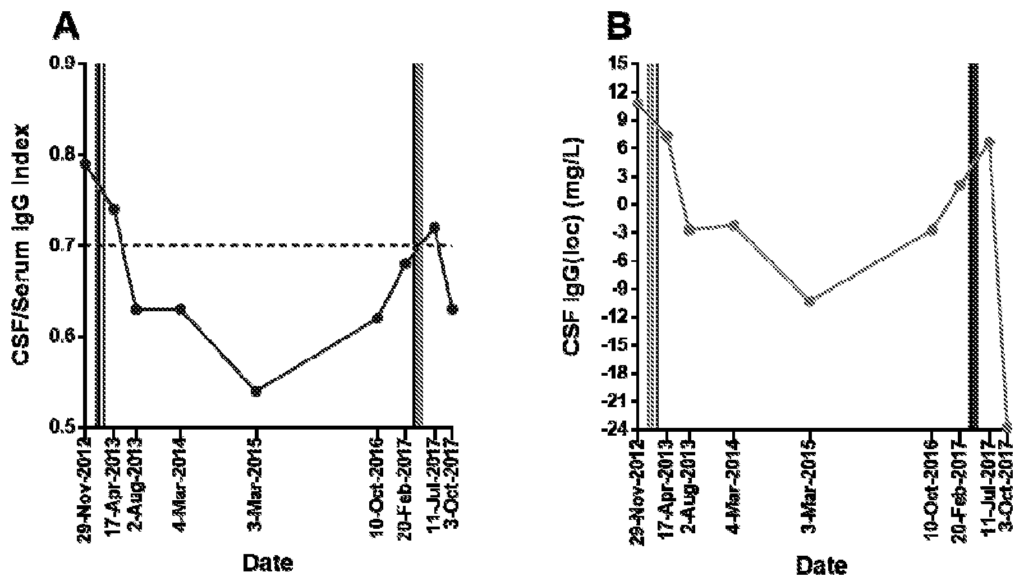Remarkable and Life-Changing Autologous T Cell Therapy for MS
Introduction
This groundbreaking autologous T cell therapy presents a promising new approach to treating multiple sclerosis (MS), harnessing a patient’s own immune cells to modulate the immune response, reduce inflammation, and slow disease progression. Designed to work in harmony with the body, this therapy utilizes the unique properties of autologous T cells to target specific immune pathways involved in MS, providing a more precise and effective treatment. For companies in neurology, biotechnology, and immunotherapy, this technology is a valuable asset that advances patient care, supports long-term health, and meets the rising demand for innovative therapies for autoimmune conditions.
The Challenge: Managing MS with Limited Options
Multiple sclerosis is a chronic autoimmune disease that affects the central nervous system, leading to a wide range of debilitating symptoms. While current treatments primarily aim to slow the progression of the disease, they often come with significant side effects and may not address the underlying immune dysregulation effectively. Patients and healthcare providers need solutions that go beyond symptom management, targeting the core immune mechanisms involved in MS with minimal adverse effects. The demand for therapies that deliver both safety and efficacy is critical, as the MS community seeks options that offer meaningful, lasting relief.
Targeted Immune Support with Autologous T Cell Therapy
This autologous T cell therapy addresses these challenges by leveraging a patient’s own T cells, modified to regulate specific immune pathways involved in MS. By using cells from the patient’s body, this therapy reduces the risk of adverse reactions, providing a safer and more personalized approach to treatment. Patients receiving this therapy benefit from decreased immune overactivity, reduced inflammation, and a slowing of disease progression, leading to a better quality of life and more hopeful outlook. The focus on autologous cells ensures that treatment is naturally aligned with the body’s immune system, supporting both immediate and long-term health benefits.
Key Benefits for Pharmaceutical and Neurology Sectors
For pharmaceutical developers and healthcare providers, this T cell therapy offers an innovative solution for patients with limited options. By offering a new approach to immune regulation and symptom management, this technology allows providers to deliver highly personalized care that meets the specific needs of each patient. Neurology clinics and immunotherapy centers can integrate this therapy to improve outcomes and enhance patient satisfaction. This technology aligns with the movement towards personalized medicine, providing a scalable, adaptable solution that supports MS patients with fewer side effects and improved effectiveness.
Invest in a Hopeful Future for MS Patients
Licensing this autologous T cell therapy for MS positions your company as a leader in transformative immunotherapy. By offering an advanced, patient-centered approach to treating multiple sclerosis, your business can address the urgent need for better treatment options in autoimmune care. This technology is an invaluable investment for companies dedicated to improving patient quality of life, expanding therapeutic possibilities, and advancing healthcare solutions in neurology and immunotherapy.

- Abstract
- Claims
What is claimed is:
Share
Title
Methods of treating multiple sclerosis using autologous t cells
Inventor(s)
Rajiv Khanna, Corey Smith, Blake T. Aftab
Assignee(s)
QIMR Berghofer Medical Research Institute, Atara Biotherapeutics Inc
Patent #
20190350981
Patent Date
November 21, 2019
